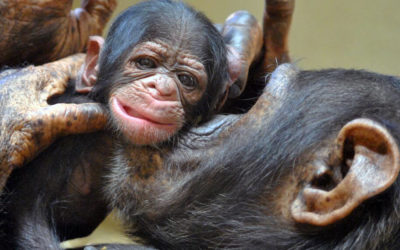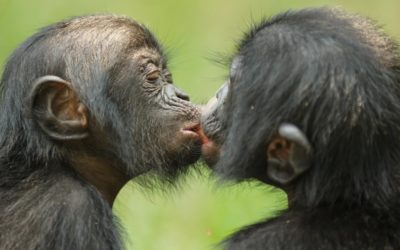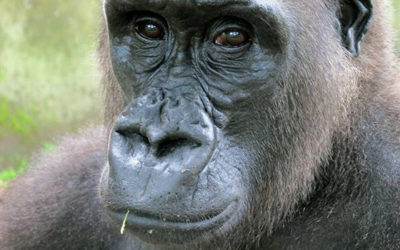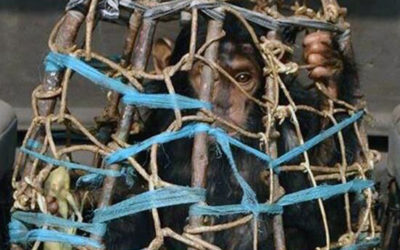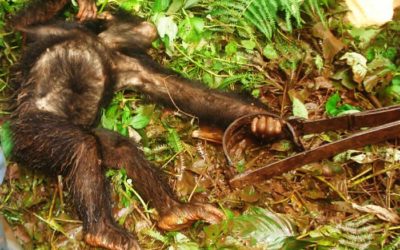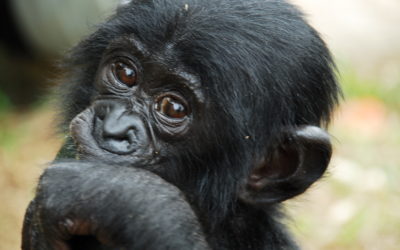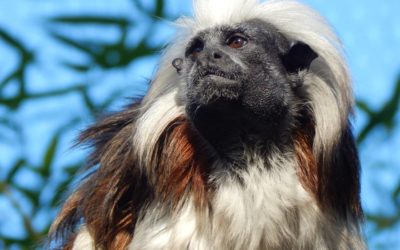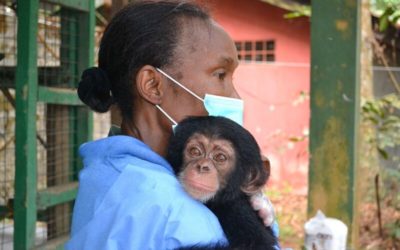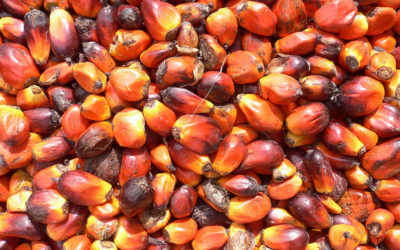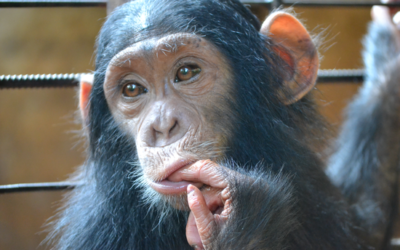Democratic Republic Of Congo: On the Brink of a New Wave of Violence?
By Natasha Tworoski
A country that has faced a long history of violence and political instability, the Democratic Republic of Congo (DRC) is teetering on the brink of a new wave of violence. As the second poorest country in the world, quality of life is already low for the Congolese. Now both people and wildlife have a new threat looming.
After two terms as president, the country’s constitution states Joseph Kabila is unable to run again and is to step down on December 19th after the election on November 27, 2016. However, the current government insists the election cannot take place for at least one to two years due to the need to register new voters. Needless to say, opposition to this claim is intense and protests are being received with swift brutality by government police. Sanctions from western countries on the DRC are increasing daily as international human rights groups attempt to find ways to prevent the death toll from growing more. This all comes in addition to the terrifying rebel warfare occurring in the eastern part of the country since the early nineties.
As one of the most biologically diverse countries in Africa, DRC is critical for wildlife conservation and this conflict puts many endangered species at risk of extinction.
Over the last year, as the government continues to declare it is impossible to hold the election this November, demonstrations have increased and grown increasingly violent. Currently, the president’s government has stated the election will be held in 2018, while the EU is pushing for 2017.
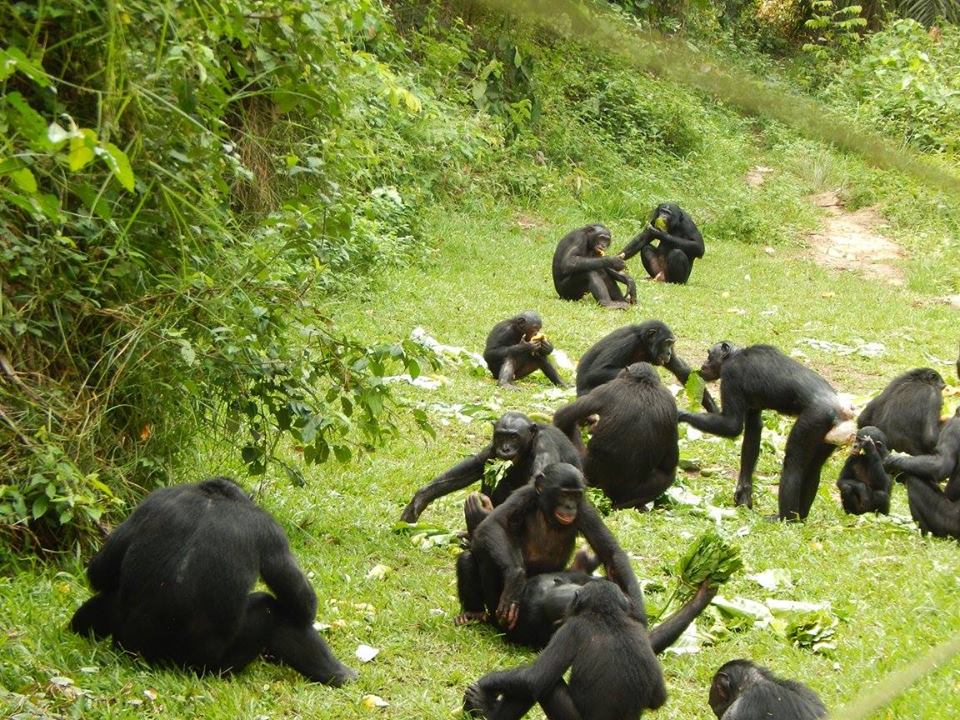
A group of bonobos, which are endemic to DRC
Last month on September 19th, at least 49 people were killed when protesters clashed with security forces. Offices of opposition leaders have been burned and destroyed, with death threats leading to several potential presidential candidates withdrawing their names from the running. UN peacekeeping chief Maman Sidikou has stated of the increasing tension, “The tipping point towards grave violence could arrive very rapidly.”
The Democratic Republic of Congo has yet to have a non-violent transition of power. Amazingly, wildlife sanctuaries have been formed in the more tumultuous periods of DRC political history and are still hard at work today rescuing animals and fighting the illegal wildlife trade. Conservation work in DRC is a high risk task.
In 2012, a rebel group attacked the Okapi Conservation Center in eastern DRC as a protest to anti-poaching laws, which resulted in the death of six people and 13 of the 14 ambassador okapi (the 14th passed shortly afterwards). The okapi is a hoofed animal closely related to the giraffe, with dark brown coloration except for zebra-like stripes on the legs. It only occurs in the Democratic Republic of Congo and is a source of pride for the country. Its picture is even printed on the 50 cent bill.
“Virguna,” a 2015 Academy Award nominated documentary revealed that to do this day the constant greed of foreign powers harvesting Congo’s natural resources knows no limitations. Available on Netflix, the documentary explores attacks on the Virunga National Park, home to mountain gorillas and numerous other species. It shows the violence the people living in eastern DRC potentially face on a daily basis. Two days before the film was initially aired, the director of the Virunga National Park survived an assassination attempt while traveling by car to the park’s headquarters. As the film explores, the people working to protect the Congo Basin literally risk and sometimes give their lives to protect its future.
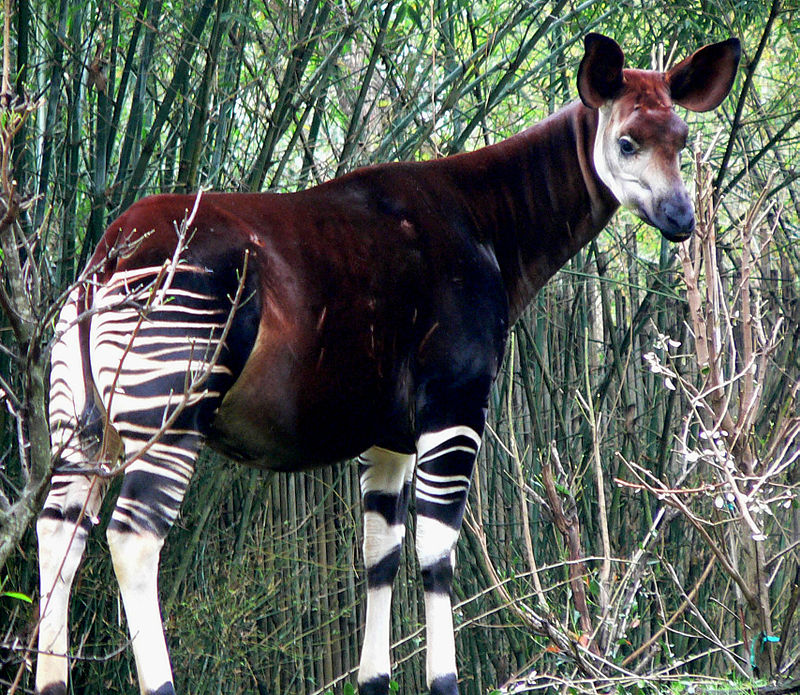
An okapi, an endangered relative of giraffes that is native to DRC
Next Posts
We All Get By With a Little Help from Our Friends
We All Get By With a Little Help from Our Friends It took a human to show Nina how to care for her new son. By Natasha Tworoski When humans prepare to have their first baby, it can be a nerve-wracking time filled with uncertainty. Fortunately, there are countless...
Celebrate the Unknown Great Ape on World Bonobo Day!
Celebrate the Unknown Great Ape on World Bonobo Day! Our closest relatives desperately need you to save them from extinction. There may only be 15,000 left. By Natasha Tworoski Finally! A reason for everyone, single or not, to celebrate February 14th! 2017 will mark...
How Can You Reduce Climate Change by Helping Protect Great Apes?
How Can You Reduce Climate Change by Helping Protect Great Apes? New Data Show that Climate Change Is Causing Massive Tree Die-Offs in Africa By Natasha Tworoski It’s hard to find a place on the planet where scientific evidence isn’t showing global climate change...
Groundbreaking Ivory Ban in China Signifies Good News for All Wildlife
Groundbreaking Ivory Ban in China Signifies Good News for All Wildlife Ban Includes Closure of 34 Processing Factories and 143 Trade Venues By Natasha Tworoski One of Africa’s most iconic animals, elephants have undergone a devastating surge in poaching in the past...
Bushmeat Crisis
Bushmeat Crisis In West Africa and the Congo Basin, Bushmeat is Now the Leading Threatto Great Apes and Monkeys By Natasha Tworoski While the term “bushmeat” can simply stand for any wild animal killed for the purpose of eating its meat, most often in media it is used...
Sanctuaries Unaffected by Political Unrest in Democratic Republic of Congo
Sanctuaries Unaffected by Political Unrestin Democratic Republic of Congo Tensions Remain High As At Least 26 Protesters Are Killed By Natasha Tworoski Tensions have been high this week in the Democratic Republic of Congo, as December 19th marked the end of President...
Empowering Women Through Conservation
Empowering Women Through Conservation Offering Opportunities for Women Is a Responsibility Conservationists Should Consider By Natasha Tworoski Conservation efforts can often carry a despairing feeling of moral conflict, particularly in countries with high levels of...
The Growing Crisis of Great Ape Smuggling
The Growing Crisis of Great Ape Smuggling New Data Shows that Illegal Great Ape Smuggling Is Even More Dire than We Realized By Natasha Tworoski The great ape crisis is rapidly escalating. Eastern gorillas, Western chimpanzees and Bornean orangutans were recently...
The Devastation of Palm Oil is Now Spreading to African Countries
The Devastation of Palm Oil is Now Spreading to African Countries By Natasha Tworoski The overwhelming demand for palm oil is well-known for its horrifying impact in eastern Asia, particularly in Malaysia and Indonesia. However, growing demand means...
Protecting Primates in the Democratic Republic of Congo
Protecting Primates in the Democratic Republic of Congo By Natasha Tworoski The Democratic Republic of Congo is home to three PASA sanctuaries: Lola ya Bonobo, JACK (Jeunes Animaux Confisques au Katanga) and the Centre de Rehabilitation des Primates de Lwiro (CRPL)....

